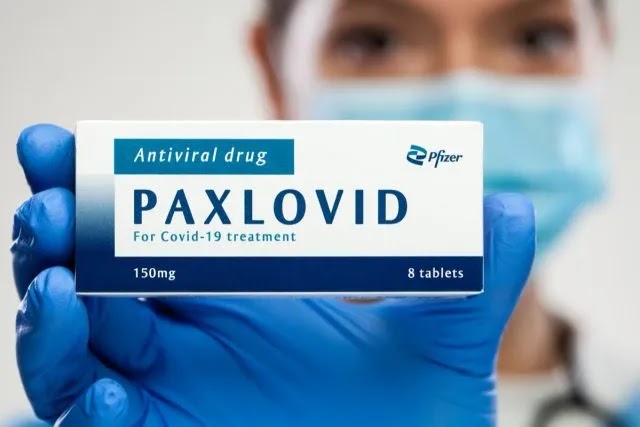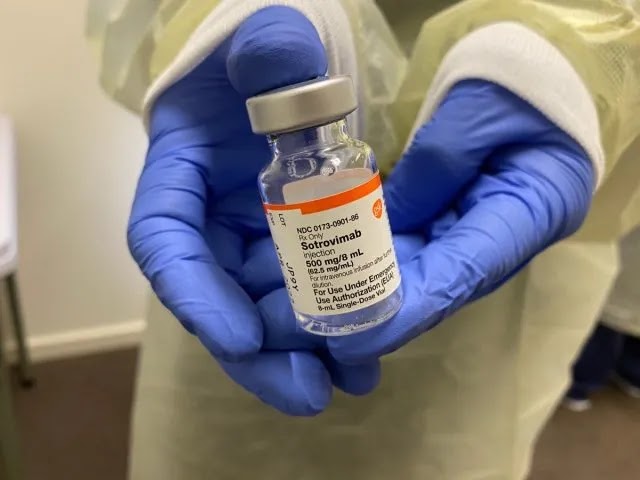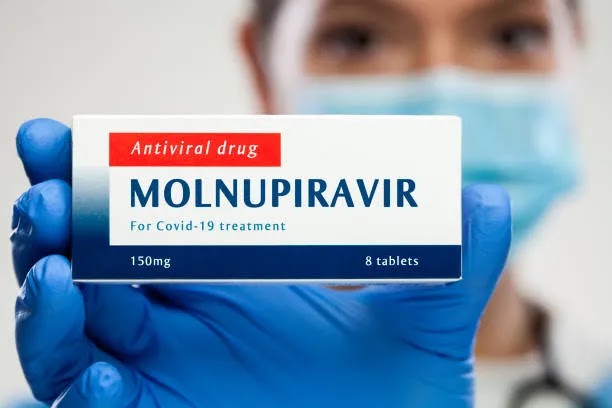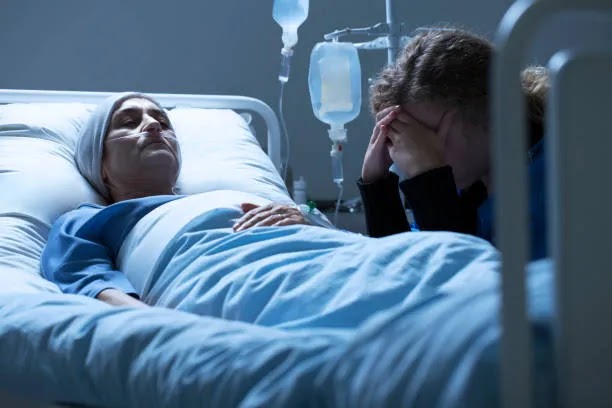Experts say the COVID-19 epidemic
has entered a new phase, in which we must learn to live with it while also
doing everything we can to avoid getting it. According to the most recent
count, the super-contagious Omicron variant has pushed daily case counts to
previously unthinkable heights—1.3 million. On the other hand, Omicron appears
to cause less severe disease: According to a new CDC study, Omicron is 91 per
cent less likely than Delta to cause death. However, because Omicron is so
common, it's more likely that new variants will emerge and spread worldwide.
It's impossible to say what will happen next.
There is some positive news: New COVID treatments, including
several antiviral medicines, will be accessible in the following weeks and
months. Dr Anthony Fauci spoke over the upcoming medications designed to make
COVID—at least as we know it right now—a less severe, more manageable sickness
during this week's White House coronavirus task force briefing. Read on to
learn more.
1. If You Have COVID, Here's What to Do
According to the CDC, "When you've been in close contact with
someone who has COVID-19, quarantine yourself and stay away from others.
Isolate yourself if you are sick or if you test positive for COVID-19, even if
you don't have symptoms." Then consult your doctor and keep track of your
symptoms. Depending on the situation, your doctor may prescribe one of the
drugs listed below. "Among other things, what we really want to do is
prevent people from developing to serious disease," Fauci added. "And
you do it by treating them as outpatients, reducing the number of visits to
urgent care centers, hospitals, and, ultimately, deaths."
As a result, "You shorten the illness's duration. You limit
infectivity and transmission to some extent "he stated, "Most
importantly, you reduce the load on the healthcare system, which is especially
crucial as we deal with this extraordinary situation with Omicron."
2. Paxlovid
This antiviral drug produced by Pfizer—a five-day course of oral
medication taken soon after symptoms appear—received an emergency use
authorization (EUA) from the Food & Drug Administration late last year.
According to Fauci, clinical trials indicated reducing COVID hospitalizations
and deaths by 89 per cent.
3. Sotrovimab
This intravenous monoclonal antibody treatment has been proven
effective against the Omicron form, which has rendered numerous monoclonals
useless. According to Fauci, studies show that it reduces the chance of severe
COVID or death by 85%.
4. Molnupiravir
Molnupiravir is an antiviral medication developed by Merck that
prevents the COVID virus from multiplying by inserting faults into its genetic
coding. According to Fauci, it has reduced the chance of hospitalization or
mortality by 30%.
5. Who Should Get These Drugs First
The production of these drugs is currently being increased. They
will be in short to scarce supply for a while. So, who should have the priority
for scarce resources? "As always, the highest priority should be given to
those with the highest risk of progression," Fauci stated. They are, in
order:
- Immunocompromised people who are unvaccinated and at high risks, such as those over 75 or those over 65 with a clinical risk factor.
- Unvaccinated people are at higher risk, including everyone over the age of 65 and anyone under the age of 65 who has a clinical risk factor.
- Vaccinated people at high risk
- Vaccinated people at increased risk
Get fully immunized and acquire a booster dose as soon as
possible. Call your doctor for advice if you develop COVID symptoms. They'll
recommend treatment based on your unique risk factors, available drugs, and the
most recent research on their effectiveness.
6. How to Stay Safe Out There
No matter where you live, get vaccinated as soon as possible; if you live in an area with low vaccination rates, wear an N95 face mask, avoid large crowds, don't go indoors with people you aren't sheltering with (especially in bars), practice good hand hygiene.







